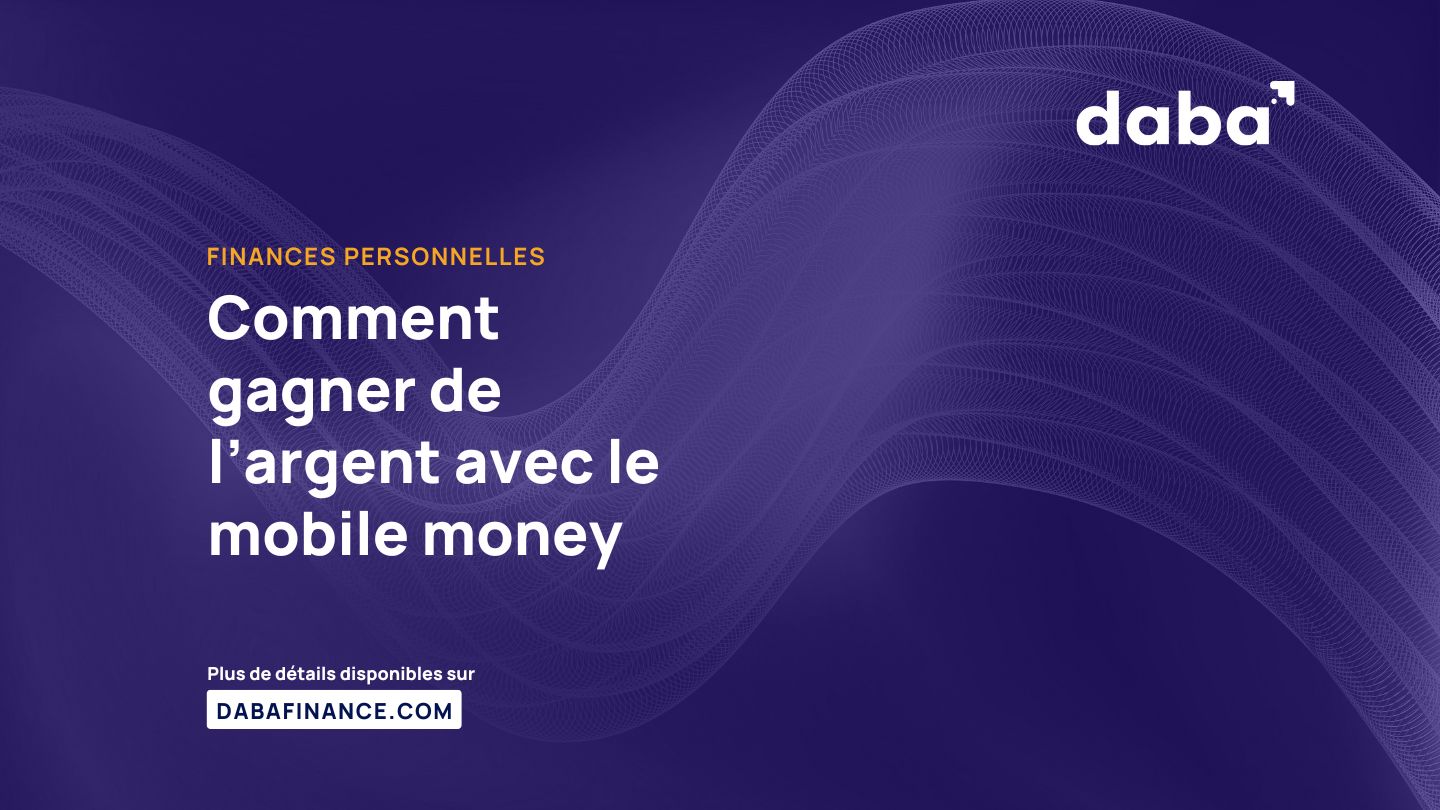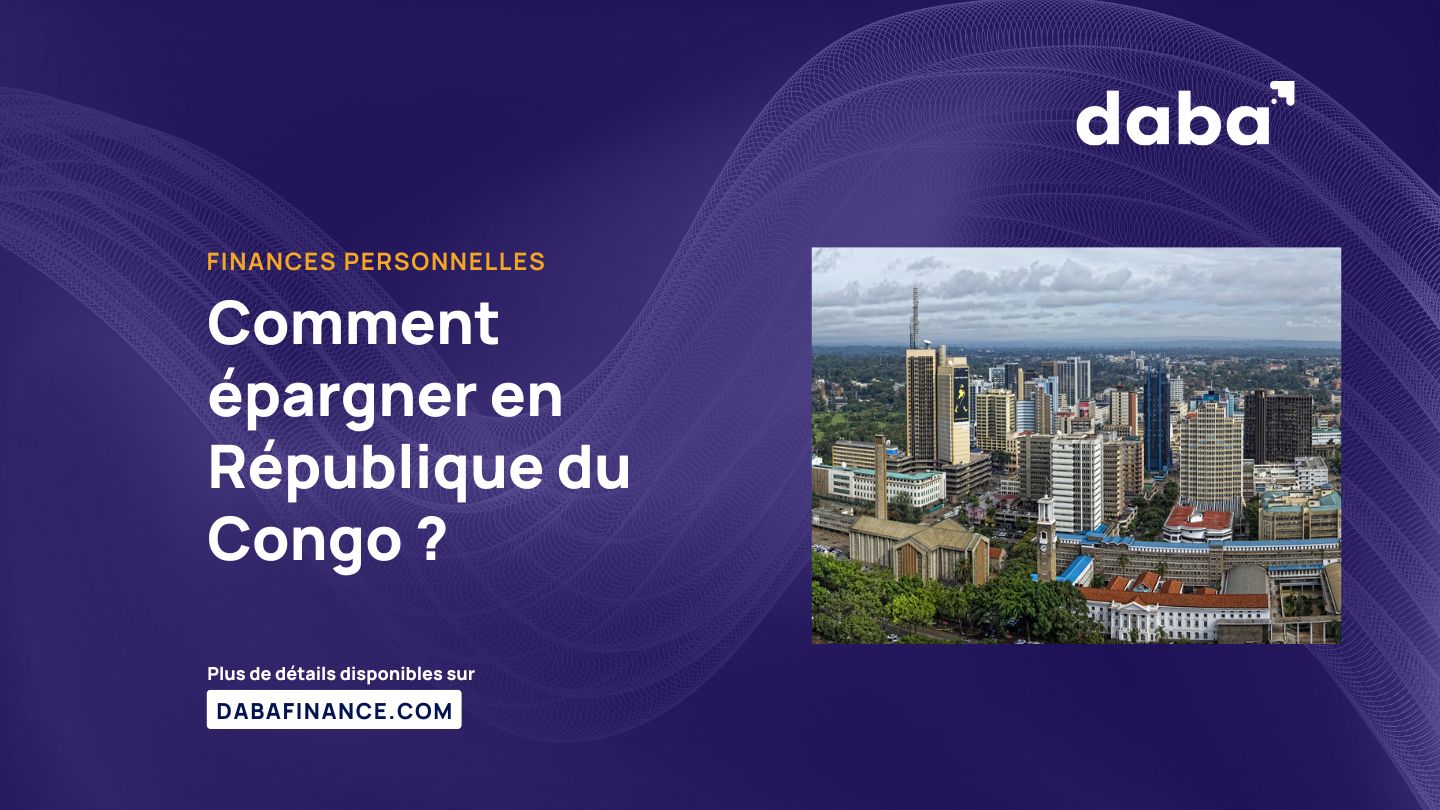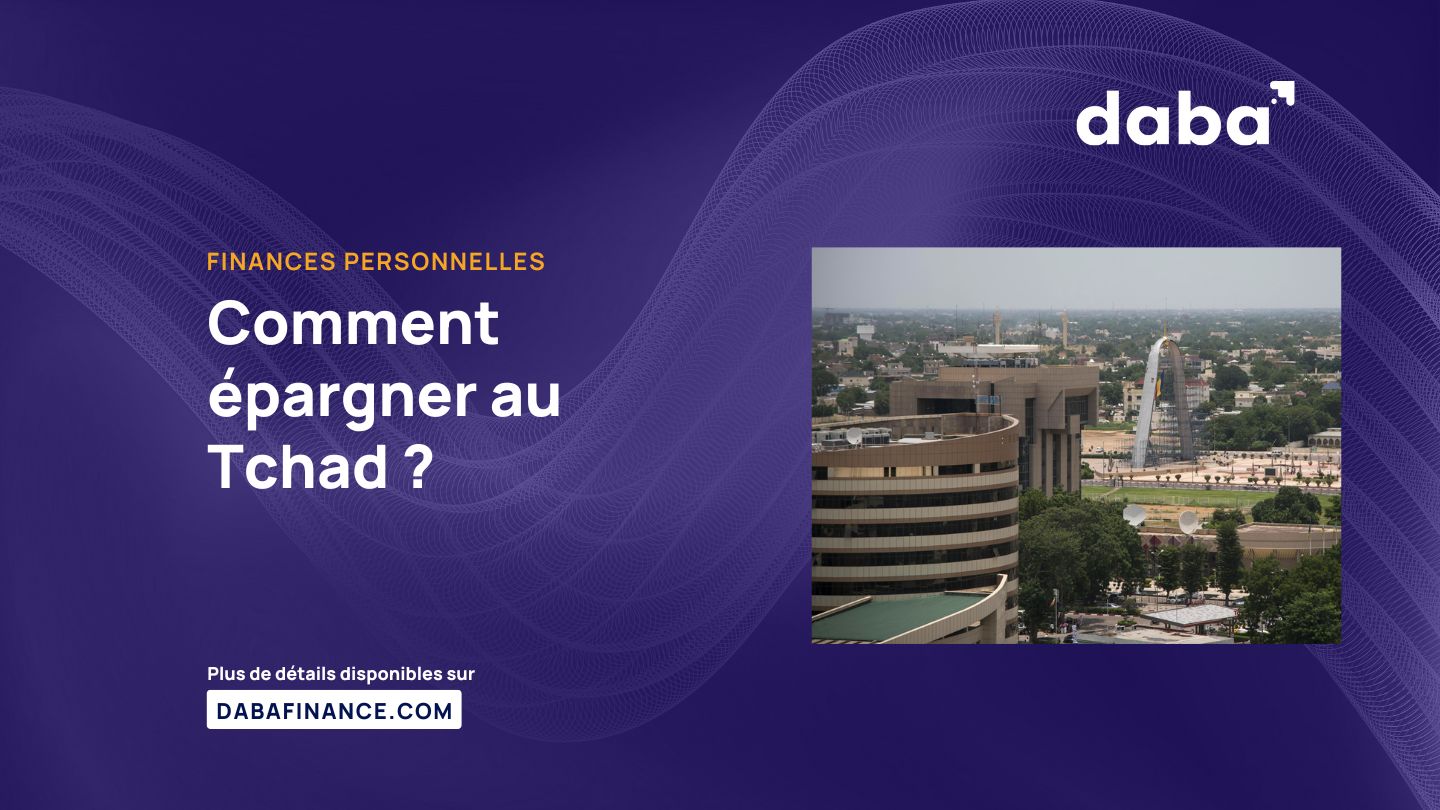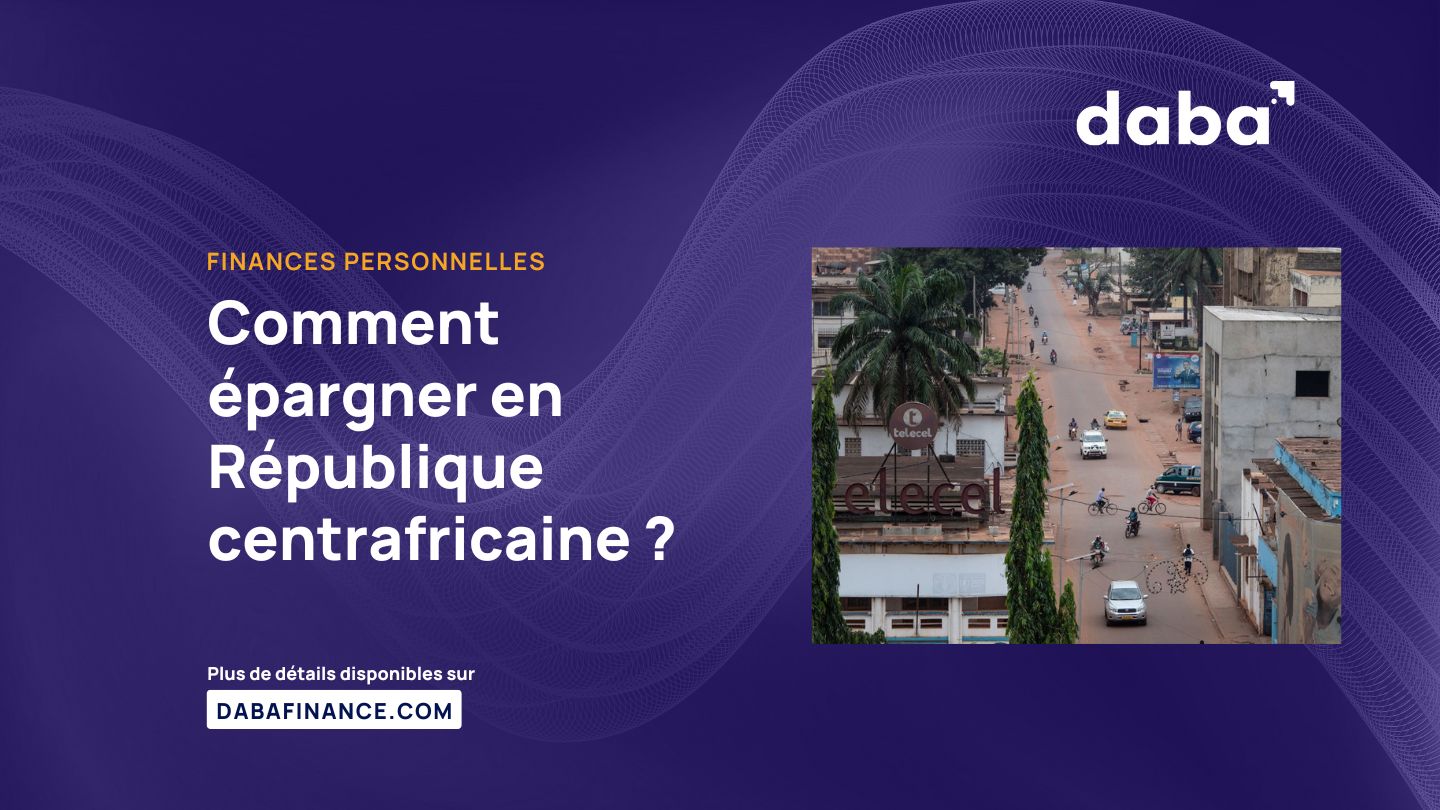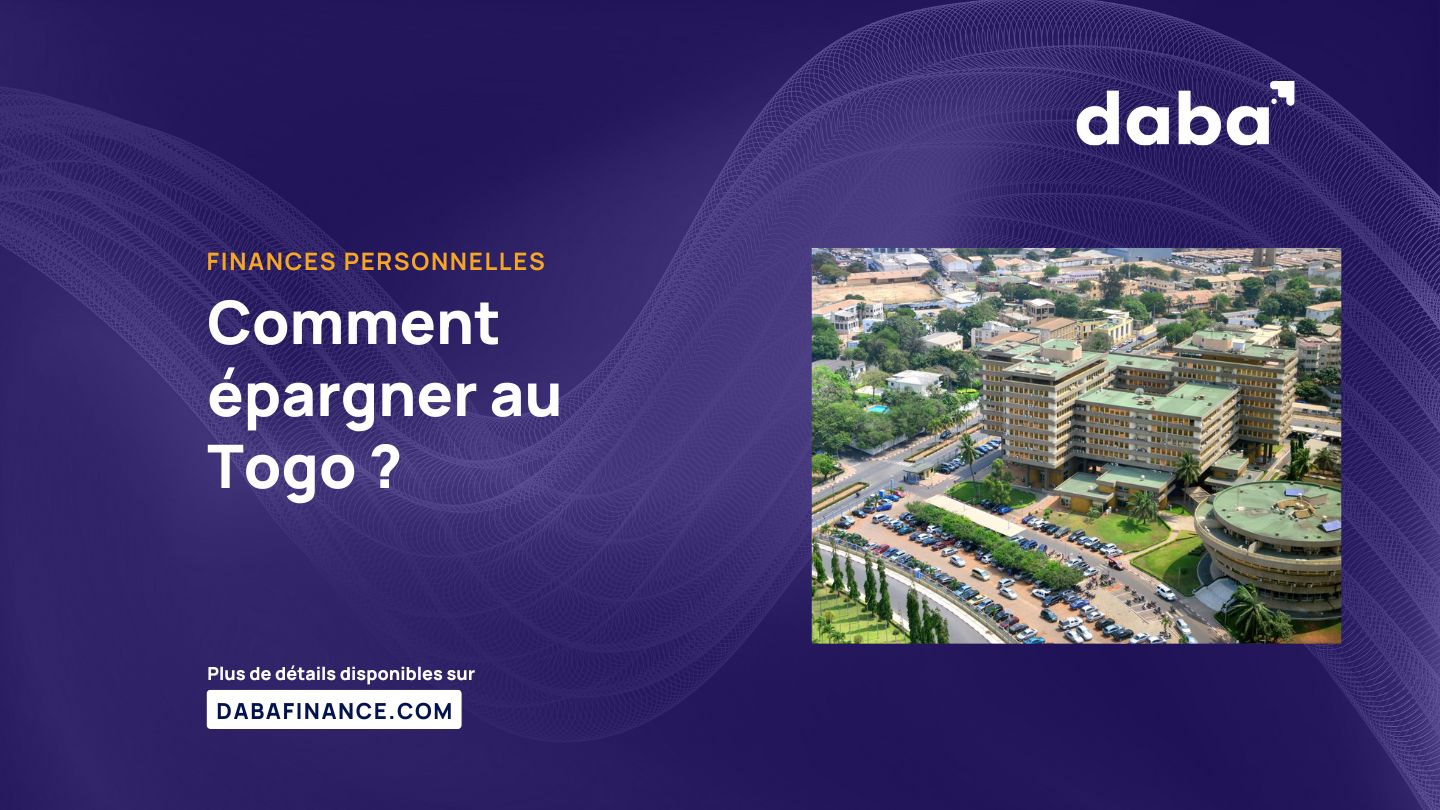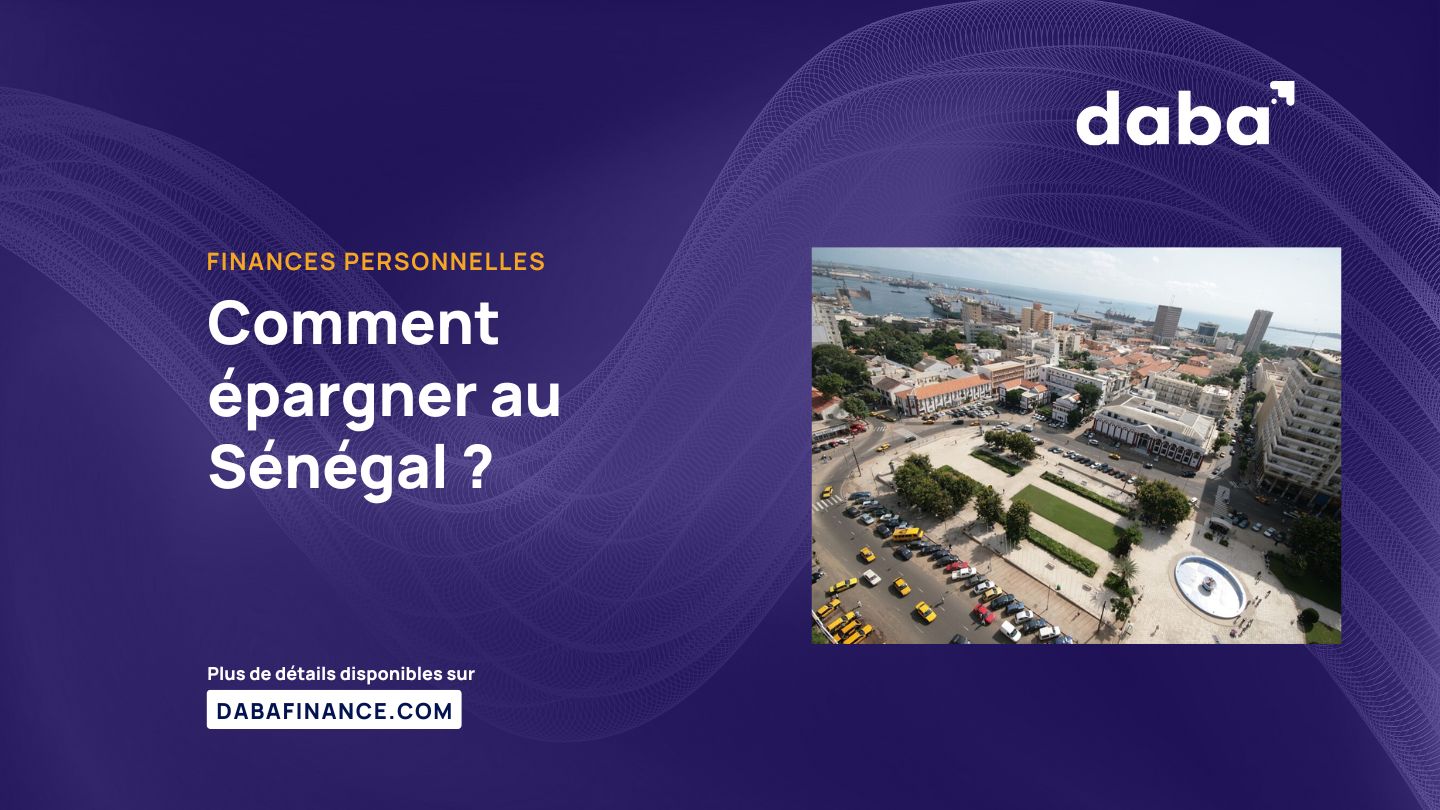Aujourd’hui, le mobile money ne sert plus uniquement à envoyer ou recevoir de l’argent : il est devenu un véritable levier pour gagner de l’argent et bâtir son patrimoine, même avec de petits montants. Grâce à des plateformes comme Daba, il est désormais possible d’investir directement via mobile money dans des actions, des obligations ou des fonds gérés, et ce, depuis n’importe quel pays d’Afrique ou de la diaspora.
Pourquoi investir avec le mobile money ?
Le mobile money est rapide, accessible et sécurisé. Il permet à des millions d’Africains, même sans compte bancaire, de participer aux marchés financiers. Et sur Daba, cette accessibilité se transforme en véritable opportunité d’investissement :
- Achetez des actions cotées en bourse sur des places comme la BRVM.
- Souscrivez à des obligations d’entreprises ou d’États, pour générer des revenus fixes.
- Investissez dans des portefeuilles gérés, construits selon votre profil de risque.
- Et bientôt, épargnez intelligemment en CFA, avec un rendement annuel pouvant atteindre 8%.
Quel type d’épargnant êtes-vous ?
Avant de placer votre argent, il est essentiel de connaître votre profil d’investisseur : êtes-vous prudent, équilibré ou audacieux ? Cela vous aide à choisir les produits qui correspondent à vos objectifs, à votre horizon de placement et à votre tolérance au risque.
➡️ Faites gratuitement votre évaluation de profil d’investisseur sur Daba en quelques minutes et recevez des recommandations personnalisées.
Comment ouvrir un compte sur Daba avec mobile money ?
Créer un compte sur Daba est simple, rapide et entièrement digital :
- Téléchargez l’application Daba sur votre téléphone ou rendez-vous sur daba.finance/app.
- Créez un compte avec votre numéro de téléphone ou votre e-mail.
- Complétez votre profil en quelques clics.
- Faites un dépôt via mobile money, selon votre pays (Orange Money, MoMo, Wave, etc.).
- Commencez à investir dans les produits proposés.
Que vous soyez en Côte d’Ivoire, au Sénégal, au Burkina Faso, ou dans la diaspora, Daba fonctionne dans votre monnaie locale et accepte les dépôts mobiles.
Apprenez à investir avec Daba Academy
Vous débutez en finance ? Pas de panique. La Daba Academy vous accompagne avec des cours simples, en français, pour comprendre les bases de l’investissement, du fonctionnement de la bourse jusqu’aux stratégies de diversification.
Daba Pro : pour les investisseurs ambitieux
Envie d’aller plus loin ? Daba Pro est la version premium de Daba, avec des analyses de marché avancées, des alertes sur les meilleures opportunités, et un suivi stratégique personnalisé.
En conclusion
Quel que soit votre pays, votre niveau ou vos moyens, vous pouvez désormais gagner de l’argent avec le mobile money grâce à Daba. Transformez vos envois ou épargnes en investissements intelligents. 💼📈
➡️ Rejoignez Daba dès maintenant et commencez à faire fructifier votre argent mobile.
